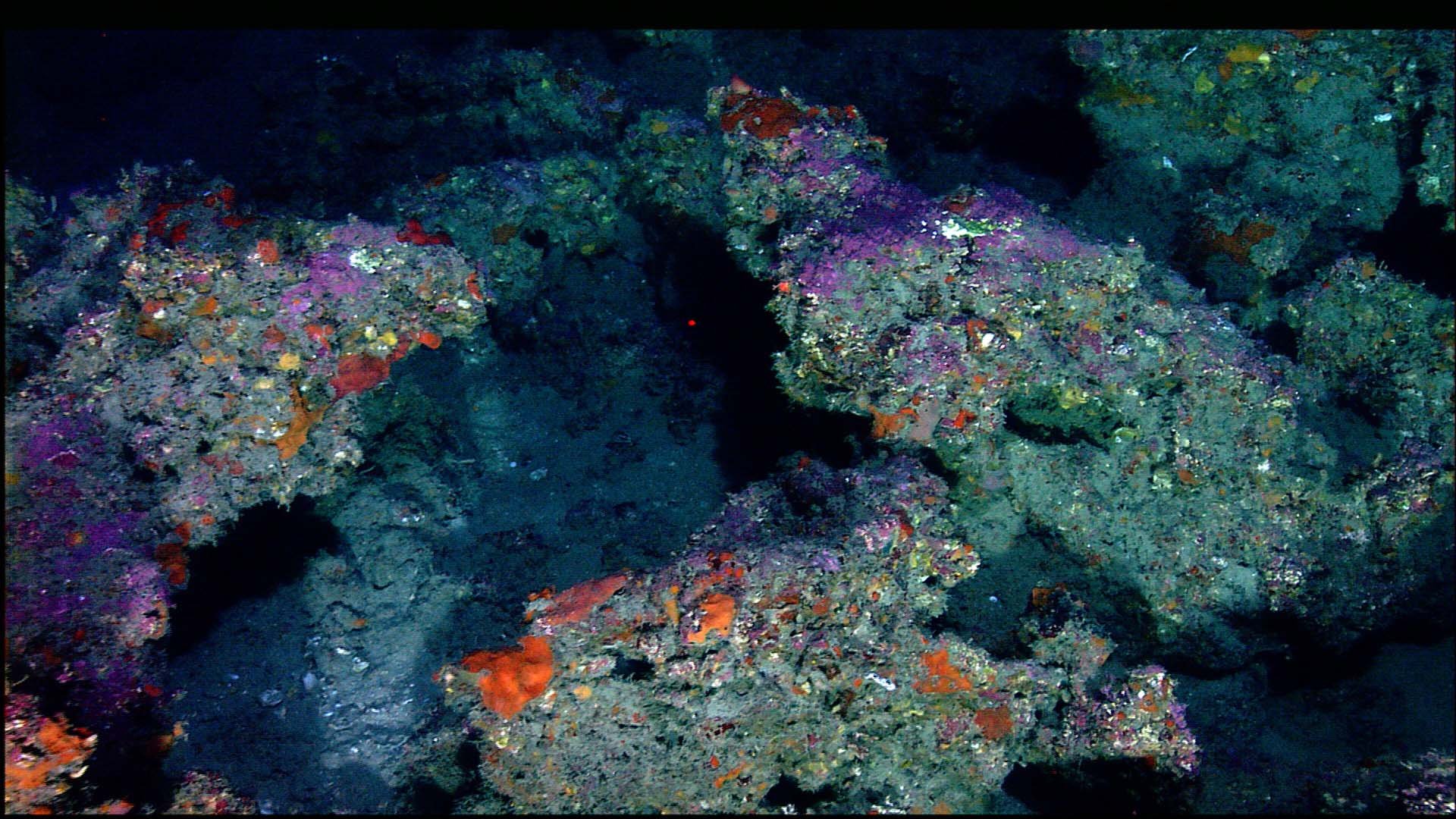 Before departing to her new residency as a professor of biology at Boston University, Dr. Sarah W. Davies was the lead author of a paper published on the settlement responses of corals in the Flower Garden Banks National Marine Sanctuary (FGB).
Before departing to her new residency as a professor of biology at Boston University, Dr. Sarah W. Davies was the lead author of a paper published on the settlement responses of corals in the Flower Garden Banks National Marine Sanctuary (FGB).
Located about 100 miles south of the Texas-Louisiana border, the FGB represents the northern limit for corals in the Gulf of Mexico and acts as a unique reef for 21 reef-building corals. Davies began studying these corals in her PhD lab and continued her work at the FGB doing larval culturing of corals during the coral spawning and began testing their settlement responses. Coral larvae usually take settle within about 5 days of spawning, but to her surprise the two species she had been testing were very different in the ways that they settled.
According to Davies, one of the species settled right away and the other took nearly 20 days. As a result of these unusual settling times, she began to test mortality rates for the two species in order to use the data to create a biophysical model to predict where the larvae would go in order to assess whether the FGB could serve as a refugium.
Her results showed that both species were able to make it back to the reef thanks to eddies in the Loop current, but only the species with the longer settlement time was able to seed areas farther away; some were able to make it as far as Florida.

The abstract of her paper sums up her findings rather well:
Caribbean coral reefs have deteriorated substantially over the past 30 years, which is broadly attributable to the effects of global climate change. In the same time, Indo-Pacific reefs maintain higher coral cover and typically recover rapidly after disturbances. This difference in reef resilience is largely due to much higher coral recruitment rates in the Pacific. We hypothesized that the lack of Caribbean recruitment might be explained by diminishing quality of settlement cues and/or impaired sensitivity of Caribbean coral larvae to those cues, relative to the Pacific. To evaluate this hypothesis, we assembled a collection of bulk samples of reef encrusting communities, mostly consisting of crustose coralline algae (CCA), from various reefs around the world and tested them as settlement cues for several coral species originating from different ocean provinces. Cue samples were meta-barcoded to evaluate their taxonomic diversity. We observed no systematic differences either in cue potency or in strength of larval responses depending on the ocean province, and no preference of coral larvae towards cues from the same ocean. Instead, we detected significant differences in cue preferences among coral species, even for corals originating from the same reef. We conclude that the region-wide disruption of the settlement process is unlikely to be the major cause of Caribbean reef loss. However, due to their high sensitivity to the effects of climate change, shifts in the composition of CCA-associated communities, combined with pronounced differences in cue preferences among coral species, could substantially influence future coral community structure. – Davies, Sarah W.; Meyer, Eli; Guermond, Sarah M.; and Matz, Mikhail V. on “A cross-ocean comparison of responses to settlement cues in reef-building corals”
If you’re interested in learning more about Dr. Davies research on coral settlement patterns of these two unusual Flower Garden Banks National Marine Sanctuary species, her paper can be found here:
